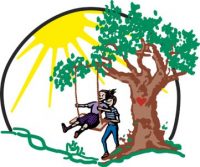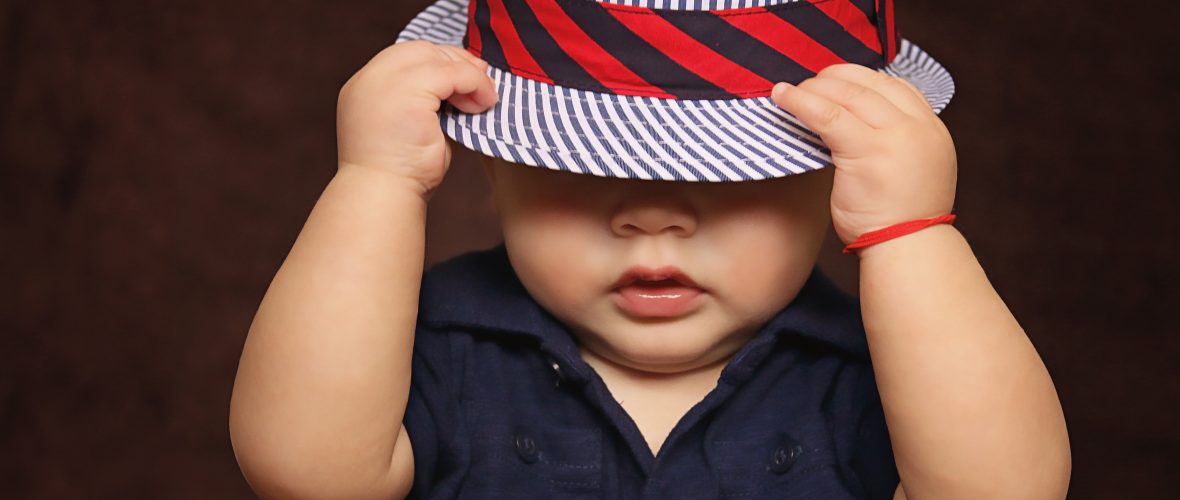Join us for a full day of training, shopping and networking! We have hand-selected some of the best trainers to share a Saturday with you! Our goal is to have you leave feeling like a superhero who can conquer the days ahead with your crew with excellence! February 16, 2019
Your admission includes 6 MNCPD approved training hours (Keynote followed by 2 sessions of your choice.)
7:15AM – Doors open for a light breakfast, vendor shopping & optional fire extinguisher checks for a small fee by Central Fire Protection Inc.
8:00AM-10:00AM – Keynote: Warning!Play is on the extinction List by: Dan Hodgins KCF: VI
12:30PM – 1:30PM – A delicious & hearty lunch catered by Annie’s Catering.

SESSION ONE – 10:30AM – 12:30PM (You may choose 1 of the following options):
#1. Supporting children who color outside of the lines (Dan Hodgins): Discussions of why children are becoming less creative? How do we create an environment and curriculum that supports creativity? KCF: VI CDA: 6
#2. Active Supervision ( Sherry Tiegs): Meets the family child care provider annual supervision training requirement. This training curriculum will define MN DHS Rule 2 Licensing standards and best practices regarding supervision in family child care settings; identify the effects of provider stress/depression on supervision of and interaction with children; and identify appropriate self-care and privacy strategies that promote effective supervision and safety in child care. KCF: VII.B Ensuring safety
#3. Introduction to the practice of self reflection ( Hannah Riddle): Explore the concept of self-reflection and learn why practicing it can make you more effective as an educator and working with small children more enjoyable. Engaging in self-reflection is an essential element of being an early childhood educator. We frequently hear about the importance of reflection and mindfulness in our work, though these topics are not always defined. KCF: VI: professionalism
#4. Being the star you are (Raelene Ostberg): Explore effective methods to use before, during, and after stressful moments to build the important self-regulation skills needed to prevent future emotional mayhem. Stress can bring out the worst in people, especially little people. Stress is actually a major trigger behind tantrums, aggression, refusals, and other challenging behaviors! How you respond during the tensest moments impacts children’s emotional development but also how you feel about your important work. Learn tips to teach individual children to calm and comfort independently. Develop a plan to confidently address stressful moments so you and the children you care for can truly shine today and tomorrow. KCF: II.C Promoting social and emotional development
__________________________________________________________________________
SESSION TWO – 1:30PM – 3:30PM (You may choose 1 of the following options):
A. I can’t sing, but they don’t care ( Dan Hodgins): Audience participation session, with many songs, finger plays and chants being shared. KCF: VI
B. Breaking…Bad habits: Setting boundaries with families (Sherry Tiegs): Set boundaries with families to allow for a professional environment and mutual respect. Discover what boundaries participants want in their unique environment and making a plan to implement them. Create an environment that is open and supportive with families, yet has professional boundaries. KCF: III
C. Recognizing culture authentically in early childhood education setting. ( Hannah Riddle): Recognizing the myriad of ways that children are diverse is an essential component to our practice as educators. Appreciation for diversity is reflected in our interactions, environment and mindset. recognize how to integrate an authentic appreciation for diversity into your teaching practices and teaching mindset. Explore methods and learn how to apply them to connect with children and their families more effectively: re-framing the challenge of diversity into an opportunity. KCF: II.B
D. From timid to tenacious: working with infant and toddler temperament traits ( Raelene Ostberg): Some infants and toddlers are very easygoing while others are extremely feisty, emotional, or slow-to-warm. Each unique infant/toddler temperament will require individualized responses from adults in order to find success. During this training, you will
- Explore the nine temperament traits
- Identify ways to adapt care and provide a “good fit”, reduce stress, and increase positive outcomes while caring for infants or toddlers. KCF: II.C
NOTE: You will select your preferred sessions later in the registration process, just before checkout!
Only one attendee allowed per transaction. If you would like to register a helper or substitute, you will need to do so in a separate transaction. Thank you!
***If you are having difficulties in registering for this event please contact training@sclfcca.com and we can assist you with getting registered.
-
February 16, 2019
7:15 am - 3:30 pm
Venue: Shakopee High School - Lecture Room
Venue Website: shakopee.k12.mn.us
Address:
